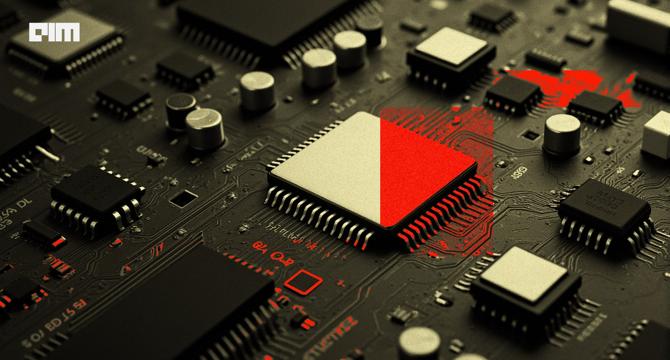Analyticsindiamag
3d
165

Image Credit: Analyticsindiamag
MIPS, Cyient Semiconductor Tie Up to Build Powerful Chips
- Cyient Semiconductors and MIPS are collaborating to develop specialized chips for power management, industrial robots, and automotive sectors.
- The partnership aims to focus on real-time, safety-critical applications in automotive, industrial, and data centre markets.
- Cyient will leverage its analogue and mixed-signal design expertise, while MIPS will provide its RISC-V-based Atlas CPU IP for creating scalable semiconductor solutions.
- The collaboration intends to develop domain-optimised ASIC and ASSP solutions using MIPS’ Atlas portfolio of advanced processor IP.
- The strategic alliance envisions building semiconductors for a more connected and power-efficient world with a focus on intelligent power architectures.
- MIPS M8500 microcontrollers are highlighted for their real-time performance, power efficiency, and motor control capabilities.
- The joint effort targets the increasing demand for software-controlled vehicles, industrial automation, and improved data centre infrastructure.
- The semiconductor platforms resulting from the collaboration will be available as ASSPs or ASICs, facilitating reduced time-to-market and cost optimization for OEMs and system integrators.
- The partnership is expected to offer differentiated ASIC/ASSP designs tailored to customer requirements in target markets.
- The cooperation strives to enable OEMs and system integrators to avoid proprietary lock-ins and streamline costs.
- The collaboration between Cyient Semiconductors and MIPS is crucial in addressing the evolving needs of the automotive, industrial, and data centre sectors.
- The alliance underscores the importance of intelligent power delivery and advanced semiconductor solutions for a connected world.
- Overall, the partnership aims to drive innovation in the semiconductor industry with a keen focus on power management and efficiency.
- The joint efforts are pivotal in catering to the rising demand for cutting-edge semiconductor solutions in critical sectors such as automotive and industrial automation.
- Both companies are leveraging their strengths in chip design and processor technology to meet industry demands for enhanced performance and power efficiency.
- The collaboration signifies a promising step towards developing high-performance chips that can address the challenges of modern applications across various sectors.
Read Full Article
9 Likes
For uninterrupted reading, download the app